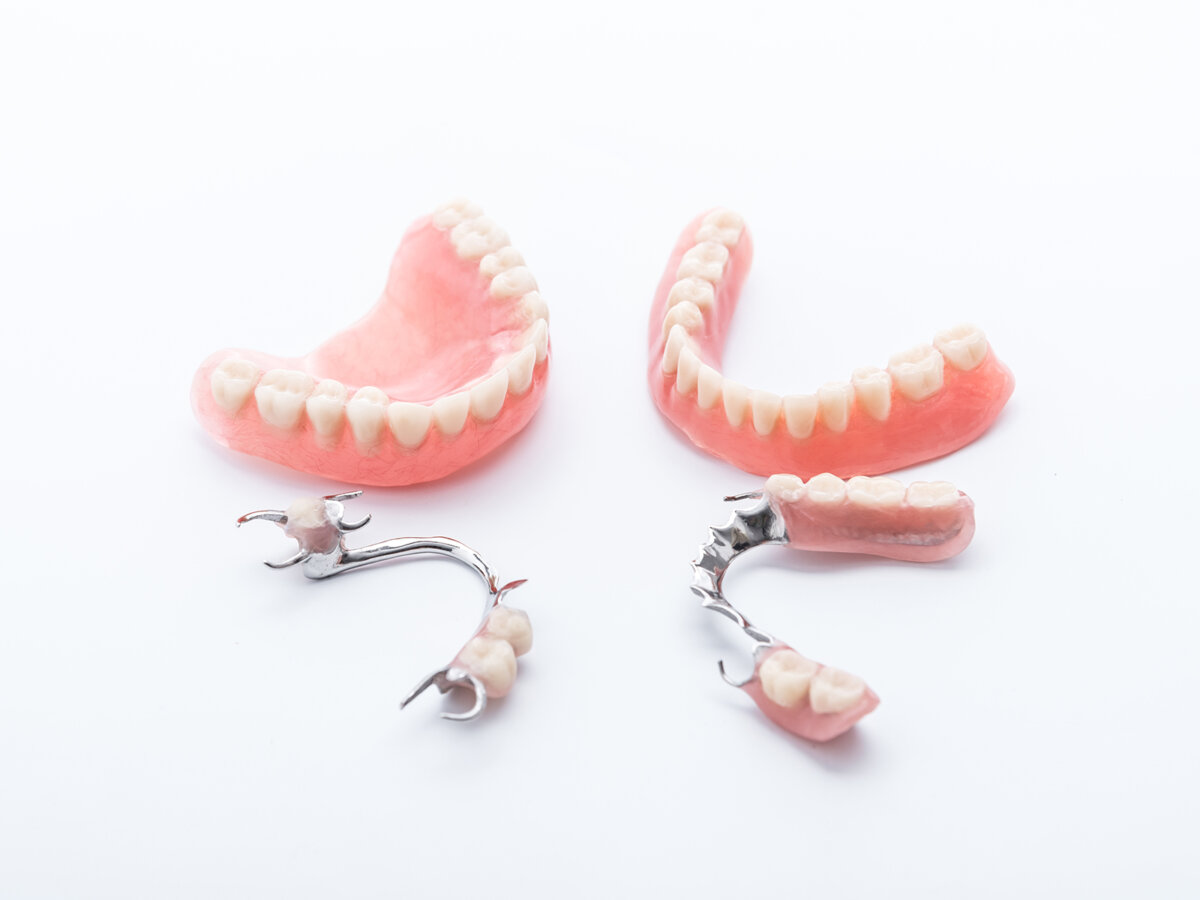Blog
Dental hygiene tips for healthy teeth & gums

How much bone loss do you get with dentures?
Chewing and biting food exert forces that travel through your teeth and stimulate your jawbone. A missing tooth, however, causes the jawbone to lose this stimulus and begin to deteriorate slowly. It is estimated that as much as 25% of bone near a missing tooth can be lost in the first year following a tooth extraction, according to a study published in the Indian Journal of Dentistry.
What are the effects of dentures on your jaw bone?
Despite what we said earlier, dentures do not cause bone loss specifically. Dentures are a great way to mitigate jawbone loss and protect it from deterioration. It is also possible that the process of getting dentures could lead to bone loss.
What causes this? When the process of dentures begins, you may need to have a few teeth removed before you get dentures. It is important to note that you begin a bone loss process by removing your teeth, which means your gums must heal before you can start wearing complete dentures.
During your healing process, which could last up to six months, you will need immediate dentures. These are dentures made before your teeth are removed, which you will wear during this time. Your denture specialist will provide you with conventional dentures once your wound has healed.
A loose or ill-fitting denture may accelerate the process of bone loss, so dentists take the time to fit you for dentures correctly.
Is There Anything You Can Do About It?
In some studies, chewing or eating vitamin D-rich foods can help maintain bone density. When you refrain from smoking and limit the amount of alcohol you consume, you can also minimize the risk of bone loss.
Contact your denture specialist or dentist immediately if you have ill-fitting or loose dentures. Getting the diagnosis at an early stage can help in many things, especially saving your teeth and bone.
Schedule your appointment with a dentist today and get the treatment on time!
